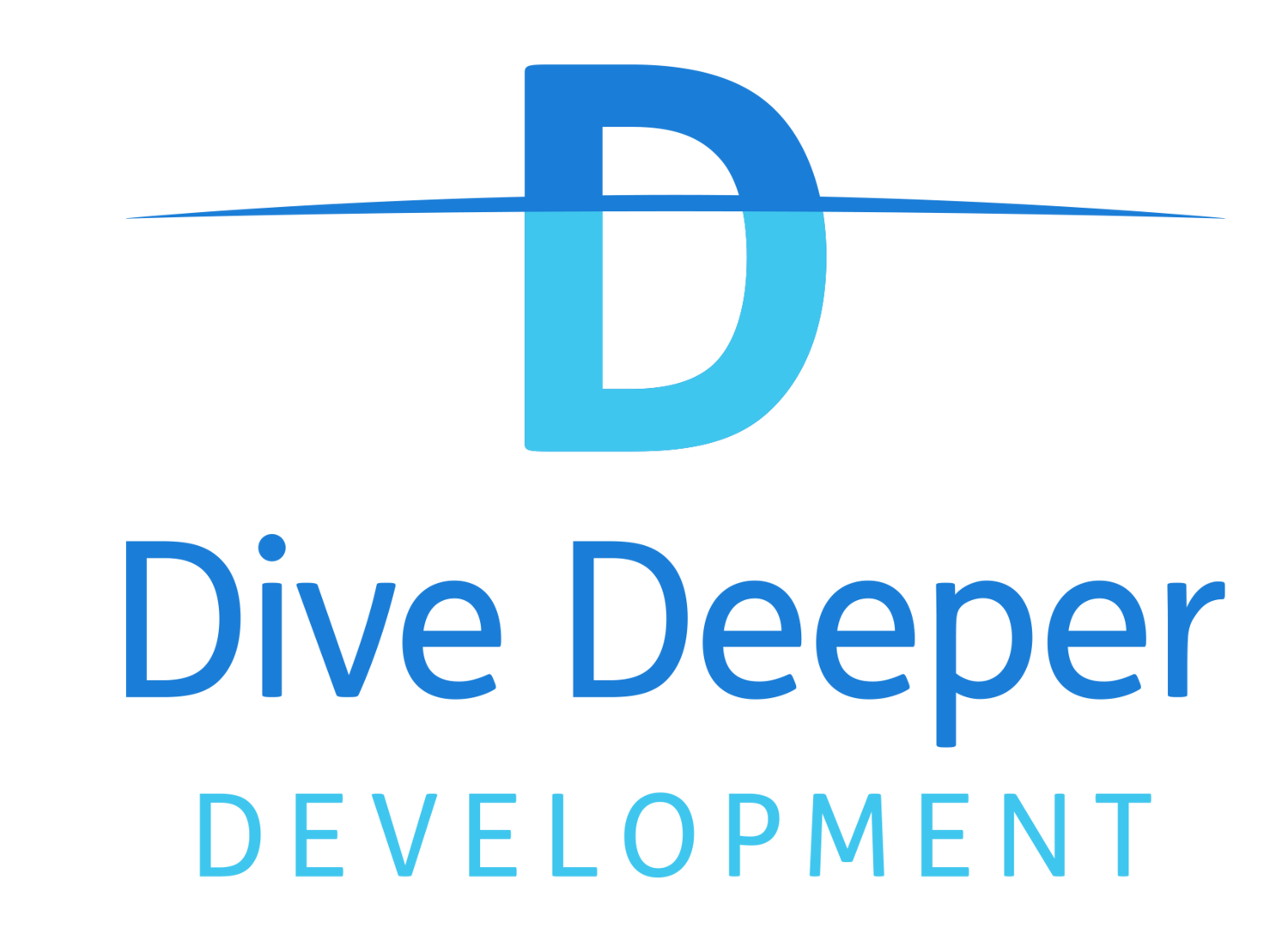Why D&I Isn't About "Taking Offence"
"People get offended so easily these days."
This sentiment comes up frequently when discussing D&I, and I want to make an appeal to anyone reading this: Can we please stop focusing on offence in conversations about D&I? Why? Because although it's a fascinating subject, it serves as a smokescreen. I believe that D&I has nothing to do with taking offence. Here's why:
Example One: You could make a gay joke around me, and I might not take offence. I'll probably be the one making it about myself. But if you're saying that stuff in an open-plan office, what's the impact? Someone who doesn't know you might overhear. How might they feel if they have a gay child? Or if they're in the closet? If another team overhears, what will they say to others about our team environment? Will you give the impression that the team culture is toxic?
No offence caused = massive negative impact on the business.
Example Two: You say something completely innocuous, but someone gets really offended. For some reason, the remark causes great offence to the individual. What's the impact?
You will probably take some time to understand what has upset the individual and make sure you don't do it again, but are you going to make sweeping changes across the team or company? Will you retrain the team? Probably not.
Lots of offence = no major impact.
As the Equality Act reminds us, it's the impact of our actions that counts. Why people take offence and some don't is a fascinating subject, but it's a diversion. The real issue is: what impact are you having on your colleagues and your work environment?
If you're offended by a Netflix comedy special, the answer is simple: don't watch it. But when you have a job, you have to show up. The working environment should allow everyone to do that fully. So rather than focusing on who takes offence and about what, ask yourself what environment you are creating. Let's shift the focus from offence to impact and create workplaces where everyone can thrive. 😊
